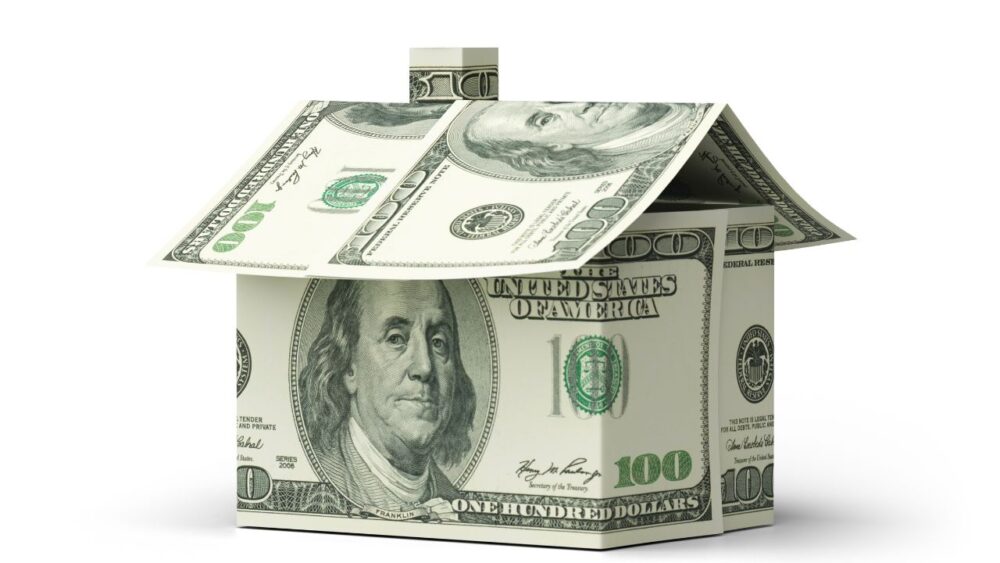Aspiring homeowners in DFW are now facing a growing financial hurdle.
A new study shows that buying a home currently requires more than $63,000 in additional annual income compared to renting.
The report from Redfin shows increasing gaps in the housing market, driven by what some analysts call a “triple whammy”: surging home prices, consistently high mortgage rates, and a limited inventory of homes for sale in certain high-demand areas.
According to Redfin, an average household must earn roughly $120,000 annually to comfortably afford the monthly payments on a median-priced home in North Texas, which stood at $395,565 between December and February.
In comparison, renters only need an income of around $57,000 to manage median rent payments, currently hovering at $1,449.
While home prices around DFW have climbed nearly 3% over the past year, rent prices have dipped by about 6%, further widening that gap between renters and potential buyers.
Nationally, the trend follows a similar pattern: homebuying costs are rising at a faster pace than rents, which have cooled slightly due to an injection of newly built apartment complexes across the country, per Axios.
The median home price in the U.S. is now $423,900, and mortgage rates are holding steady at around 6.5%.
Meanwhile, the national median rent sits just under $1,600, which is only a 0.2% increase from last year.
It’s important to note that Redfin’s report assumes that buyers and renters spend no more than 30% of their income on housing, a common financial benchmark for affordability.
Local income disparities also add complexity to understanding the housing market.
Collin County boasts the region’s highest median household income at $119,000, but a one-bedroom in Frisco still averages around $1,630 a month, according to Zumper. Dallas County, with a median income of $74,000, offers slightly lower rental rates: about $1,430 for a one-bedroom unit.
On the campaign trail last summer, President Donald Trump acknowledged the problems with the housing market, saying, “We’re going to open up tracts of federal land for housing construction. We desperately need housing for people who can’t afford what’s going on now.”


